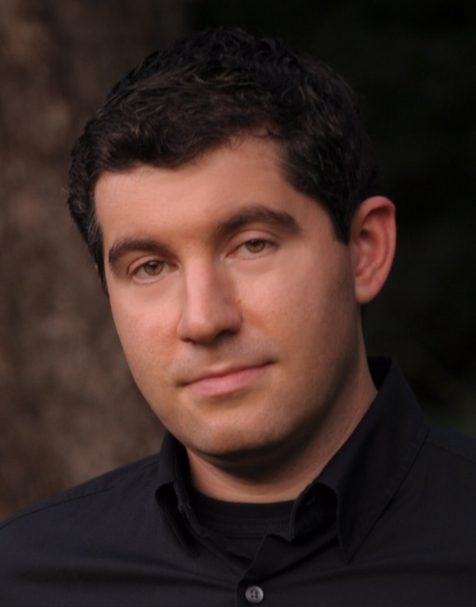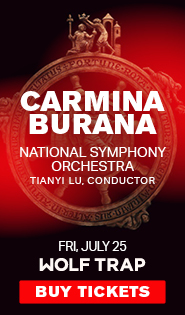Frenetic direction makes for mixed rewards with Washington Bach Consort

Richard Giarusso conducted the Washington Bach Consort Sunday afternoon.
When J. Reilly Lewis passed away last year, the Washington Bach Consort lost its founder and director. It was hard to imagine this ensemble surviving without Reilly, its animating force; some of last year’s Bach Consort performances, led by guest conductors, were not reassuring.
The Consort’s board has selected five finalists for the position, each assigned a concert with a major program to conduct, a series that started last spring with Todd Fickley.
The second of those finalists, Richard Giarusso, had his turn at the podium on Sunday afternoon at National Presbyterian Church. To mark the Consort’s 40th anniversary and the 500th anniversary of the Lutheran Reformation, three cantatas and one orchestral suite were on the menu.
Giarusso, who has performed often with the Consort as a baritone in recent years, in both chorus and solo roles, seemed less at ease facing his colleagues. Most notably, Giarusso’s frenetic tempo choices caused problems throughout the program. For example, in the unsettled opening chorus of Cantata No. 79, Gott der Herr ist Sonn und Schild, an overly brisk pacing smudged the sixteenth-note runs and other details in both instruments and voices.
Nerves may have been partly to blame, but Giarusso’s haste also destabilized some of the solo and duet pieces in the Cantata No. 76, Die Himmel erzählen die Ehre Gottes. While his gestures were admirably clear, ensemble unity sometimes threatened to come apart under the speedy tempo.
Soprano Amy Nicole Broadbent was the best of the solo quartet, all four of whom also doubled with their colleagues in the choral pieces. Because of Giarusso’s fast tempo, it was hard to luxuriate in her light, flexible sound in the first cantata, but in the aria “Hört, ihr Völker, Gottes Stimme”–performed without a conductor due to its light trio scoring–her plummy legato sound was matched by clarity of tone and intonation.
Similar problems undermined baritone Mark Duer in the aria “Fahr hin, abgöttische Zunft!,” where the rapid pacing made the triplets of both singer and trumpet player an indistinct blur. In other places, especially expressive recitatives, Duer’s strong voice came through more clearly.
Tenor Patrick Kilbride and countertenor Chris Dudley had their best moment together in the duet “Wie selig sind doch die,” that most serene moment near the end of Bach’s celebrated Cantata No. 80, “Ein feste Burg,” accompanied by the mellow oboe da caccia obbligato of Geoffrey Burgess.
The chorus, lean of sound at four singers to a part, negotiated the rushed tempos without yielding much in terms of crispness of articulation and diction. Their best contributions came in the chorale cantata showpiece “Ein feste Burg,” for example, in the chromatic slithering of the opening chorus (accompanying text about the horrid armaments of the devil).
Adding to the air of celebration was the Orchestral Suite No. 4, curiously performed in two installments, at the start of both halves of the concert. In the opening two movements, Giarusso’s tempo choice put the trumpets, oboes, and strings at a disadvantage, resulting in a chaotic sense of ensemble. Results were stronger in the second half, especially in the opening movement of the Christmas cantata “Unser Mund sei voll Lachens,” adapted from this orchestral suite. It also proved the most precise and delightful outing for this esteemed chorus, which seems to be struggling to find itself following the loss of its longtime leader.
Dana Marsh conducts the Washington Bach Consort in Bach’s Christmas Oratorio 6 p.m. December 9 at National Presbyterian Church. bachconsort.org; 202-429-2121.

